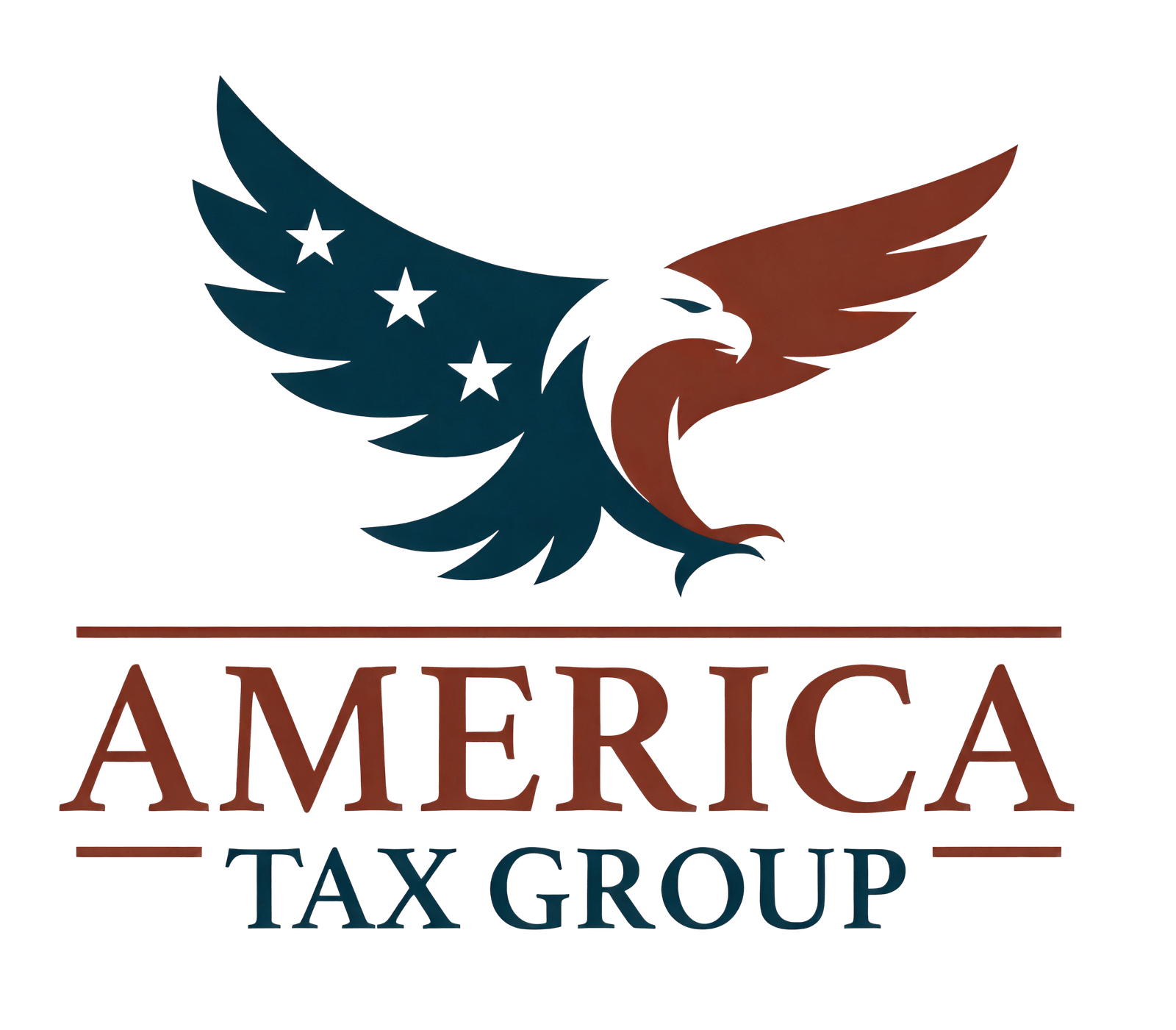Small businesses in Burbank benefit from proactive tax planning that accounts for federal, California, and local rules. Unlike many cities, Burbank does not use a gross receipts tax; instead it charges a flat base fee plus an annual per-employee. (1) In fact, the City requires “all businesses located in Burbank, as well as businesses that come into Burbank to conduct business” to register for a business tax certificate.
California law adds its own layer: for example, LLCs pay an $800 annual tax (plus a graduated fee based on gross income) (2), while S corporations owe 1.5% of net income (with a $800 minimum). (3) (C corporations pay 8.84% of net income (4).) Navigating these combined city, state, and federal requirements is critical.
Picture Courtesy – ntu.org
Keeping thorough records is especially important – California’s Franchise Tax Board (FTB) emphasizes that business deductions must meet the IRS test of being “ordinary and necessary”, and that taxpayers keep “adequate records or other sufficient evidence” (e.g. receipts and mileage logs) to support any write-offs.
Understanding Burbank Small Business Taxes
Every business operating in Burbank must register for a Business Tax Certificate — even if you run your company from home. Unlike cities like Los Angeles or San Francisco that charge taxes based on gross receipts, Burbank uses a flat fee system, with a base tax and a per-employee charge depending on your business type.
Here’s what you should know:
- A Business Tax Certificate is mandatory for all businesses (including home-based and contractors).
- Businesses are taxed based on a base fee + number of employees, not on income.
- Burbank does not levy a separate gross receipts tax.
- Renewals are annual and must be paid through Burbank’s online portal.
Key California Tax Rules and Deductions
At the state level, California generally follows federal rules for most deductions. Common write-offs include auto expenses (actual costs or standard mileage) and home office use, subject to federal guidelines. (5) New businesses can immediately deduct up to $5,000 of startup and $5,000 of organizational costs in the first year.(6)
Small businesses can also elect Section 179 expensing: California allows up to a $25,000 deduction for qualifying property in year one (phased out at higher asset levels). (6) For example, capital purchases like equipment or machinery can often be deducted quickly using these rules. California tax credits are also valuable – for instance, the state offers credits for R&D activities and job creation.
Picture Courtesy – itep.org
One guide notes that “California offers various tax credits that can significantly reduce your tax bill,” including the California Competes Credit, R&D Credit, and New Employment Credit. (7) (These are claimed on specific FTB forms – e.g. Form 3523 for R&D credit. (8)) In short, maximizing deductions and credits (while documenting everything) is a cornerstone of reducing small-business taxes in California.
Top Tax Deductions for Burbank Business Owners
| Deduction | What It Covers | Requirements |
| Home Office | A portion of rent/mortgage, utilities, repairs | Must be a dedicated space used regularly for business |
| Vehicle Expenses | Mileage, gas, maintenance | Must track miles or actual costs with logs |
| Startup Costs | Up to $5,000 of costs in first year (e.g. legal fees, marketing, setup) | Remaining costs amortized over 15 years |
| Equipment & Depreciation | Computers, machinery, furniture | Section 179 limit is $25,000 in California |
| Retirement Contributions | SEP IRA, Solo 401(k), SIMPLE IRA contributions | Contributions lower taxable income and are deductible |
| Professional Services | Fees paid to CPAs, attorneys, marketing consultants | Must be ordinary and necessary to the business |
| Health Insurance | Premiums for self-employed individuals and employees | Deductible if you’re not eligible for employer plan elsewhere |
Burbank-Specific Tax Requirements
In Burbank, local compliance is key. Every business with a physical presence in the city must obtain a city business license and pay the annual Burbank business tax. If your business is home-based, you still need a special Home Occupation Permit and tax account. (9) (Seasonal or occasional garage sales even require permits.)
Because Burbank’s tax is not based on gross receipts, you won’t face a percentage-of-sales tax to the city; instead expect a fixed fee plus a per-worker fee as described by the city’s municipal code. However, failing to register or renew can lead to penalties. At year-end or on renewal, use the city’s online portal or pay in person to avoid late fees. Also be aware of any Los Angeles County or state taxes on things like property or payroll – though Burbank itself does not add a separate sales or payroll tax beyond state law.
Bottom line: keep your Burbank business license and tax certificate current, and include those costs in your tax planning.
Reducing Your Tax Bill: Strategies & Deductions
Effective tax planning means looking at every opportunity to save:
- Structuring the business: Choose the entity form that minimizes taxes. Many owners use an LLC or S-corp to avoid double taxation. (As one tax advisor notes, “consider evaluating entity selection” periodically – for example, determining whether staying an S‑corp or switching to a C‑corp makes sense under new rules.) Remember California’s rules: an LLC pays at least $800 (plus possible fees by income level) (10), and an S corporation pays 1.5% of income (min $800) (11). In general, S-corp or LLC status lets profits “flow through” to owner returns, avoiding state corporate income tax (8.84%). When considering taxes, also plan for payroll vs. distributions (S-corp shareholders can potentially save self-employment taxes by taking some profit as distributions).
- Maximizing deductions: Track all ordinary business expenses and assets. For example, if you work from home, dedicate a room as your office: California allows the standard home-office deduction under the same rules as federal law. Keep vehicle logs for any business travel to deduct mileage or actual auto costs. Purchase needed equipment: you may expense it immediately (up to limits) via Sec.179 or bonus depreciation. Don’t forget other common write-offs: office supplies, insurance, retirement contributions, and professional fees are deductible. (12) And remember, personal items are not deductible – expenses must really be for the business and well-documented.
- Leveraging credits and timing: Take advantage of tax credits whenever possible. Beyond California’s R&D and Competes credits, (13) you might qualify for federal credits (e.g. small employer retirement plan credit, energy credits, or family leave credit). Also, plan the timing of income and expenses. If your books are on a cash basis, delay billing late December invoices until January to push income into the next tax year. Conversely, accelerate purchases or pre-pay interest and insurance before year-end to increase deductions now. Similarly, contributing to a SEP IRA or solo 401(k) by year-end can both build retirement and lower taxable income. (14) (All these moves require cash flow to support them, so they should fit your overall business plan.)
- Year-end checklist: Do a year-end tax projection: run financial reports and estimate your tax due to spot any surprise liability. Check if you can write down obsolete inventory or donate surplus goods (C‑corps can get deductions for donations). Review whether you have fully claimed all eligible deductions. Importantly, ensure any required estimated tax payments have been made to avoid underpayment penalties. (The FTB requires LLCs and corporations to pay $800 on April 15 as an annual minimum; individuals with pass-through income should pay quarterly estimated tax just like any employee withholding.)
Working with a Local Tax Advisor
California tax laws and Burbank rules can be complex. A qualified CPA or tax advisor in Burbank can tailor strategies to your situation. As one expert emphasizes, “tax laws are complex and constantly changing, especially in California,” so professional guidance is invaluable. (15) A good advisor will help organize your records, identify every deduction and credit available (local incentives, depreciation, R&D, etc.), and ensure timely filings at city, state, and federal levels. They can also advise on entity selection, payroll setup, and handling multi-state issues if you operate beyond Burbank.
America Tax Fixers, with decades of tax experience, helps Burbank entrepreneurs simplify this process. We stay updated on new tax laws, prepare you for year-end decisions, and make sure your local business taxes (including city license fees) are properly handled. By planning ahead – whether it’s choosing the right business structure, accelerating expenses, or claiming every credit – small businesses in Burbank can keep more of their hard-earned profits and avoid surprises.
Key Takeaways: Learn Burbank’s business tax rules and California state tax rates; claim all ordinary and necessary expenses; use tax credits and retirement planning; time income/expenses at year-end; and consult a trusted CPA. Together, these steps form a robust tax‐planning strategy for your Burbank small business
Sources:
- https://www.burbankca.gov/web/community-development/business-tax#:~:text=,cities%2C%20with%20a%20couple%20exceptions
- https://taxes.ca.gov/income-tax/limited-liability-companies/#:~:text=Total%20Income%20of%3AFee%20Amount%3A%20%240,%244%2C999%2C999%246%2C000%20%245%2C000%2C000%20or%20more%2411%2C790
- https://taxes.ca.gov/s-corporations/#:~:text=What%20is%20the%20tax%20rate,for%20S%20corporations
- https://www.ftb.ca.gov/file/business/types/corporations/c-corporations.html#:~:text=,tax%20in%20their%20first%20year
- https://www.ftb.ca.gov/forms/misc/984.html#:~:text=Advertising%20Actual%20costs%20Same%20as,Entertainment%2C%20Gift%2C%20and%20Car%20Expenses
- https://www.ftb.ca.gov/forms/misc/984.html#:~:text=As%20a%20new%20business%2C%20you,to%20the%20state%20to%20incorporate
- https://rinconct.com/10-strategies-to-minimize-your-california-business-taxes-before-2024-ends/#:~:text=California%20offers%20various%20tax%20credits,leaving%20money%20on%20the%20table
- https://gusto.com/resources/articles/taxes/california-r&d-tax-credit#:~:text=Note%3A%20To%20claim%20the%20credit%2C,to%20claim%20the%20state%20credit
- https://www.burbankca.gov/web/community-development/business-license-tax#:~:text=https%3A%2F%2Fecondevburbank.com%2Fdoing
- https://taxes.ca.gov/income-tax/limited-liability-companies/#:~:text=Total%20Income%20of%3AFee%20Amount%3A%20%240,%244%2C999%2C999%246%2C000%20%245%2C000%2C000%20or%20more%2411%2C790
- https://taxes.ca.gov/s-corporations/#:~:text=What%20is%20the%20tax%20rate,for%20S%20corporations
- https://www.ftb.ca.gov/forms/misc/984.html#:~:text=Insurance%20Actual%20costs%20Same%20as,535
- https://rinconct.com/10-strategies-to-minimize-your-california-business-taxes-before-2024-ends/#:~:text=California%20offers%20various%20tax%20credits,leaving%20money%20on%20the%20table
- https://rinconct.com/10-strategies-to-minimize-your-california-business-taxes-before-2024-ends/#:~:text=4
- https://rinconct.com/10-strategies-to-minimize-your-california-business-taxes-before-2024-ends/#:~:text=10,Professional


